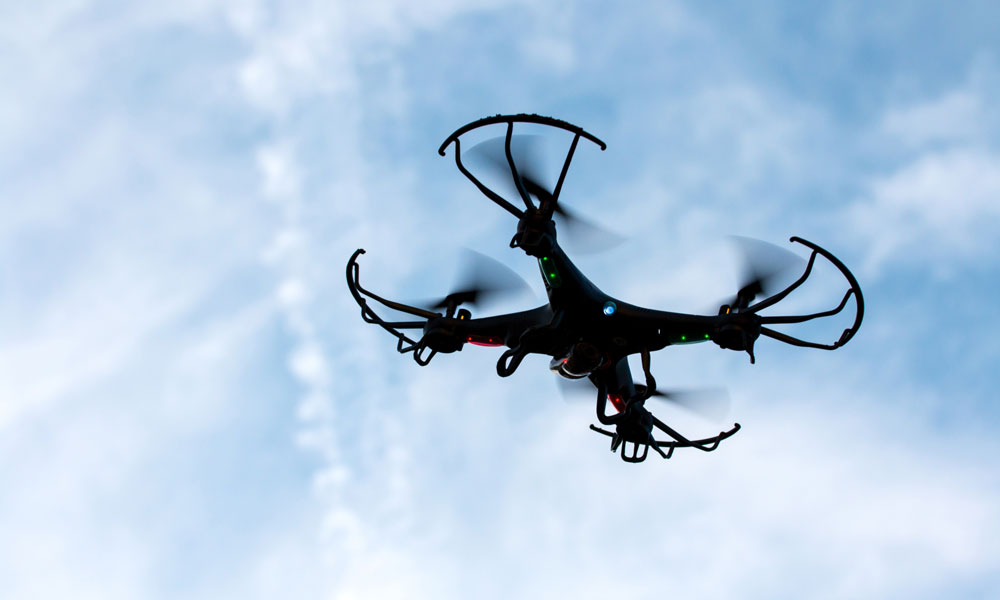
British Airline Pilots: Research Needed on Drone Collisions
The association that represents pilots in the British airline industry, concerned about the number of recent close calls between drones and airplanes, is calling on the British government to invest in research to figure out the risks the tiny unmanned devices can create.
In the U.S., the Federal Aviation Administration got a lot of criticism over its slow rule-making process on unmanned aerial vehicles, or drones.
Considering the challenges drones are creating for the U.K. airline industry at the moment, perhaps the FAA’s deliberate process looks enviable. This week, the British Airline Pilots Association (BALPA) called for research into the dangers drones could create for airplanes in the case of a collision, something that’s becoming a significant concern for the industry after 23 near-misses were reported during a six-month period last year.
Steve Landells, a flight safety specialist for BALPA, said that while the airline industry has a wide array of data on bird collisions affecting flights, there is little research on how drone collisions affect airplanes. But Landells has a few ideas of the potential risks.
“You end up with very high-velocity bits of metal going anywhere they like. That could be through fuel tanks, through hydraulic lines and even into the cabin,” Landells told The Guardian. “Losing the engine is not going to cause an aircraft to crash because they are designed to fly with one engine down. But an uncontained engine failure is going to be different every time. That could be very serious indeed.”
Now, BALPA is calling on the country’s Civil Aviation Authority (CAA) to do deeper research into the risks drones create for airplanes.
In recent months, the airline industry has doubled down on potential risks to airplanes. Last month, BALPA spoke of the need for criminal penalties in the case of laser pointers targeting airplanes, while a United Nations panel late last month implemented an interim ban on the bulk shipment of lithium-ion batteries as cargo.
The move on batteries is creating headaches for one association, PRBA—The Rechargeable Battery Association. Despite the group’s disappointment with the decision by the International Civil Aviation Organization, PRBA noted that the group’s members “are preparing to comply with these new regulations even with the extremely tight deadline.”
(iStock/Thinkstock)






Comments